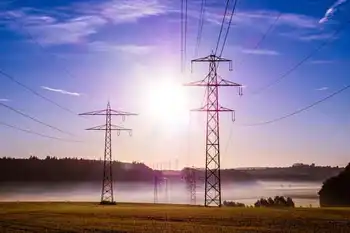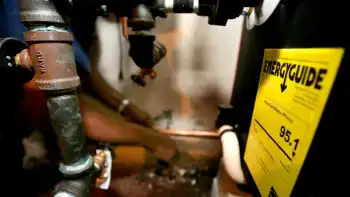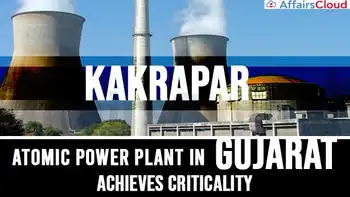Groups argue against Greenbrier power plant
GREENBRIER, SOUTH CAROLINA - A proposed Greenbrier County power plant isn't planning to use the best available pollution controls as required by law, three nonprofit groups argued before the state Air Quality Board recently.
If it did, it would spew out 600,000 fewer pounds of sulfur dioxide per year - half as much as its permit now allows - into the air of Greenbrier County, among other pollutants, the groups' expert witness testified.
But witnesses for Western Greenbrier Co-Generation, the power plant's developer, and the state Department of Environmental Protection, which approved the pollution controls, testified that they did follow the law, and the better scrubbers are not required.
After recent testimony, it will probably be several weeks before the board can make its ruling, chairman Michael Koon said.
The Sierra Club, West Virginia Highlands Conservancy and Greenbrier River Watershed Association filed their appeal in May, asking the state to revoke the air quality permit it had issued to WGC.
Power plants in areas with relatively unpolluted air, such as Greenbrier County, are required by law to choose the scrubbers and other pollution controls that filter out the most pollutants - unless government regulators, such as DEP, agree that those scrubbers are too expensive or otherwise infeasible.
In WGC's case, that is what happened. The best controls were declared infeasible. But Ranajit Sahu, an air pollution control expert called by the Sierra Club, said WGC's e-mails, telephone records and other evidence indicate that WGC planned to use the second-best controls all along, and tailored their legally required analysis to show that they were the only feasible choices.
WGC's permit application "had all the right words... but what appears is that the decisions were made before, and the analysis was written to justify the decisions," Sahu said.
Jerry Joseph, a Pittsburgh environmental engineer who analyzed the pollution-control choices for WGC's air quality permit application, testified that he did the analysis as the law requires.
He said the best controls were not only infeasible because of price, but also because one of them would have required a lot of water that is not available in Rainelle, where the plant is to be built.
Construction is scheduled to start on the 90-megawatt plant in spring, said Brian Neely of WGC. It has been promised $107 million from the federal Department of Energy, which bills it as a "clean coal" demonstration project. Instead of regular coal, the plant would burn a gigantic pile of abandoned coal waste near Rupert for fuel.
WGC is a limited liability company owned by the towns of Rainelle, Rupert and Quinwood.
Related News

Octopus Energy and Ukraine's DTEK enter Energy Talks
KYIV - Octopus Energy, a prominent UK energy firm, has begun preliminary conversations with Ukraine's DTEK regarding potential collaboration to refurbish Ukraine's heavily damaged electric infrastructure.
Persistent assaults by Russia on Ukraine's power network have led to significant electricity shortages in numerous regions.
Octopus Energy, the largest electricity and second-largest gas supplier in the UK, collaborates with energy firms in 17 countries using its Kraken software platform. This platform is currently being trialled by the Abu Dhabi National Energy Company (Taqa) for power and water customers in the UAE.
A spokesperson from Octopus revealed to The National that the company is "in the…




